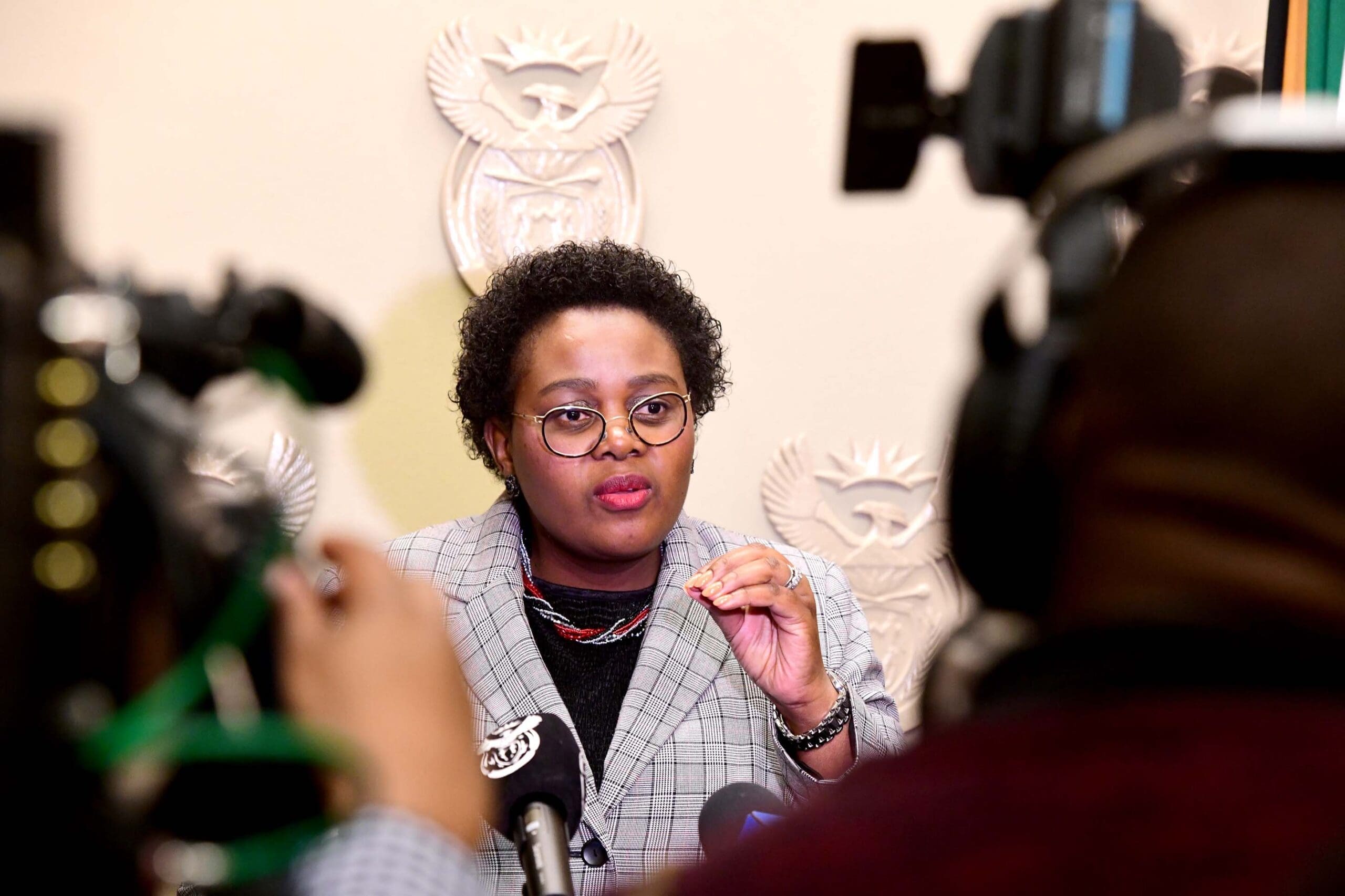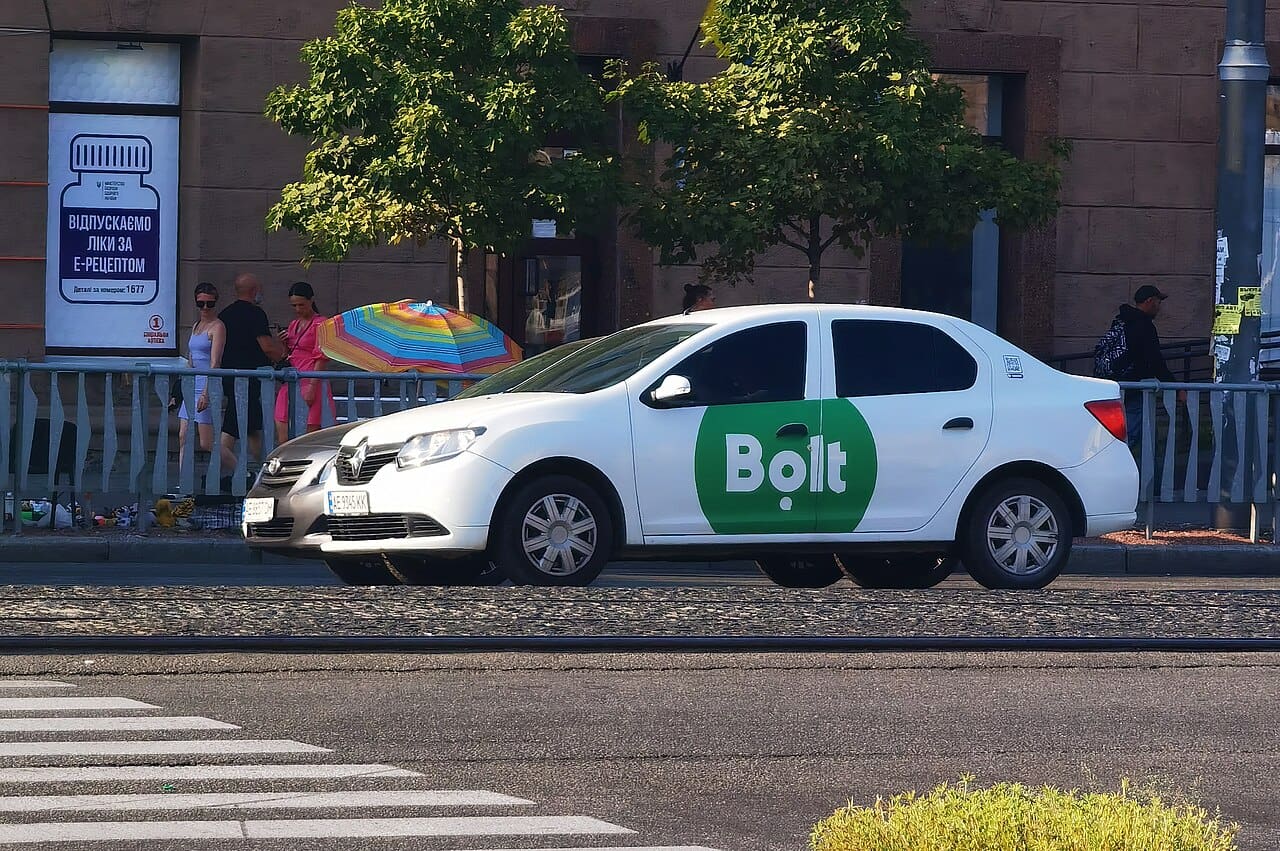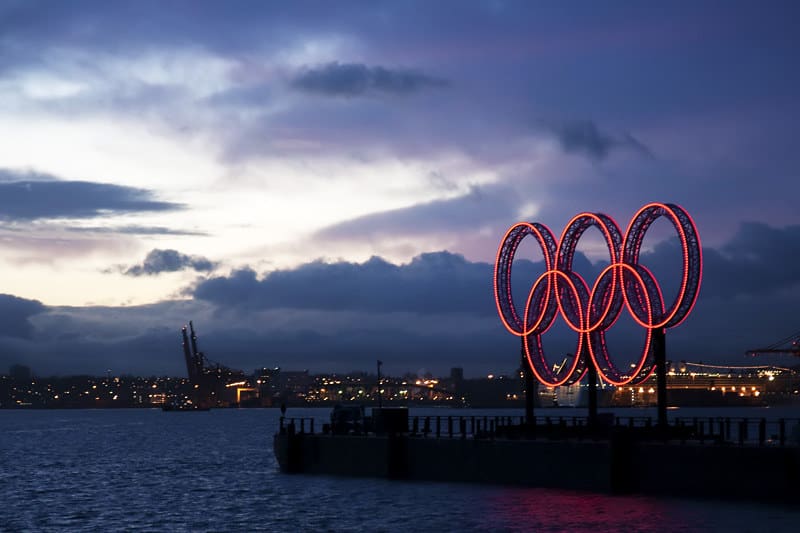President Cyril Ramaphosa has officially kicked off the search for South Africa’s next National Director of Public Prosecutions (NDPP). And it’s already stirring debate about independence, experience, and the future of justice in the country.
Last week, on 7 October, the Presidency announced a new selection panel to find a replacement for Advocate Shamila Batohi, whose term as head of the National Prosecuting Authority (NPA) ends in January 2026.
The panel, chaired by Justice Minister Mmamoloko Kubayi (featuring Chapter 9 institution reps, the Auditor-General, and legal association nominees), must shortlist three candidates for Ramaphosa’s consideration.
But while the President says this process is an “essential contribution to upholding the rule of law”, critics (including the Democratic Alliance (DA) aren’t so sure.
In a recent interview with the SABC over the weekend, Kubayi defended the panel. But the DA is kicking in their heels and remains unconvinced, warning that the panel’s lack of hands-on prosecutorial expertise could undermine the process and public trust.
What is the NDPP, and what do they actually do?
The National Director of Public Prosecutions is essentially South Africa’s top prosecutor, the person responsible for ensuring that criminal cases are prosecuted fairly, effectively, and without political interference.
The NDPP heads the NPA, which handles everything from high-profile corruption cases to everyday criminal matters. It’s a massive job: the NPA has faced backlogs of over 100,000 cases and is still dealing with fallout from the Zondo Commission’s findings into state capture.
In short, whoever takes the role next will have to steer the ship through some very stormy waters.
Why is South Africa getting a new NDPP now?
Advocate Shamila Batohi took office in early 2019, becoming the first woman to lead the NPA since the organisation’s founding in 1998, after years of turmoil and political meddling. The 64-year-old’s five-year term ends in January 2026, so the selection process must start now to ensure a smooth handover.
Batohi was appointed after a landmark open process following the chaos of the Zuma era’s state capture. Her time has been about stabilising the NPA, but it’s hit roadblocks like massive case backlogs. With her retirement looming (due to the 65-year age limit in the NPA Act), Ramaphosa is kicking off the search early to avoid any gaps. It’s timely too, with South Africa hosting the G20 and pushing anti-corruption agendas.
Who’s on the panel, and do they have the right expertise?
President Ramaphosa’s hand-picked panel is meant to represent a cross-section of South African society. But its composition has sparked debate and criticism over the ‘legally inexperienced’ panel, and whether diversity alone is enough when the task at hand is choosing the country’s top prosecutor.
Here’s who’s sitting around the table:
- Justice Minister Mmamoloko Kubayi chairs the panel. She’s not a lawyer by training, which raised a few eyebrows given the legal nature of the job at stake. As chair, Kubayi will oversee the process of shortlisting candidates and guiding the panel’s deliberations.
- Two members come from Chapter 9 institutions — independent bodies set up under Chapter 9 of the Constitution to support democracy and protect citizens’ rights. These institutions act as watchdogs, keeping government power in check and ensuring accountability.
- Chris Nissen, Chairperson of the South African Human Rights Commission (SAHRC), represents the human rights perspective.
- Advocate Nthabiseng Sepanya-Mogale, Chairperson of the Commission for Gender Equality, brings experience in social justice and gender advocacy.
- Tsakani Maluleke, the Auditor-General of South Africa (Agsa), joins the panel too. Her office is known for its independence and for exposing irregularities in public spending, a perspective that could prove vital when assessing candidates tasked with tackling corruption.
- Professor Somadoda Fikeni, Chairperson of the Public Service Commission, adds another layer of governance experience. He’s long been involved in evaluating ethics and performance across the public sector.
- Finally, two representatives from South Africa’s legal community are meant to round out the team:
- A representative of the Black Lawyers Association (BLA)
- A representative of the National Association of Democratic Lawyers (NADEL)
Together, the panel covers a wide range of backgrounds, from governance and accountability to rights and legal reform. But critics argue that while it’s diverse and credible, it may lack members with hands-on criminal prosecution experience (which is pretty essential when choosing the person who’ll lead South Africa’s fight against serious crime and corruption).
Why are some legal experts questioning the panel’s credibility?
The controversy? Unlike the 2018 panel for Batohi, which included folks from the General Council of the Bar and the Law Society of South Africa, this one skips those broader legal bodies.
DA MP Glynnis Breytenbach argues it lacks criminal justice experts, making it ill-equipped to vet NDPP candidates properly. “How can a panel devoid of any prosecutorial expertise nominate candidates for the most important prosecutorial position in South Africa?” said Breytenbach.
Plus, the lawyers’ groups here have historical ANC ties, which fuels worries about bias. The DA has also questioned the value of including bodies like the BLA and NADEL, arguing that their focus (such as “transformation of the legal profession” or “legal assistance in human rights matters”) is far removed from the core prosecutorial knowledge needed.
In its statement criticising the selection, the DA called out Ramaphosa, stating “our country’s leader has no desire to fix the destruction of the criminal justice system orchestrated by his predecessor” (AKA Jacob Zuma).
Experts like Dr Jean Redpath from the Dullah Omar Institute for Constitutional Law, Governance and Human Rights, see the panel as a step forward for transparency but flag the missing reps from the wider legal profession. She suggests the panel might tilt towards certain views, interfering with the diverse perspective it is meant to provide.
It’s all about credibility. If the panel seems stacked, it could undermine trust in the whole process, especially post-state capture.
On Saturday, Kubayi defended the panel’s selection, telling the SABC, “we’re dealing with specialised crime and corruption issues, so we need someone familiar with these matters”. Ultimately, how the panel is perceived, in terms of expertise, impartiality and credibility, will shape public trust in the NDPP.
How does the selection process work?
It’s designed to be open: the panel calls for public nominations, shortlists candidates, conducts interviews, vets them thoroughly (background checks and all), and then recommends three names to Ramaphosa with a detailed report.
They’ve got three months to wrap it up – so by early January 2026.
In response to explain’s request for comment from the NPA, Bulelwa Makeke, chief director of communications stated: “The NPA has no role or comment on the process. The NPA leadership is preparing for a smooth transition and will do a proper handover to the new NDPP”.
[WATCH] The process to appoint a new National Director of Public Prosecutions is underway. President Cyril Ramaphosa has set up a panel to select a successor for Advocate Shamila Batohi, whose term ends in January. Justice Minister Mmamoloko Kubayi outlines the selection process. pic.twitter.com/uP3O8UCO4W
— SABC News (@SABCNews) October 11, 2025
Why does the panel’s makeup matter for the GNU?
The GNU (that’s the coalition between the ANC, DA, and others) is all about shared governance and fighting corruption. But tensions are high: the DA wants rock-solid NPA independence, while some see the panel’s setup as favouring ANC-linked groups. If the panel picks a weak or biased NDPP, it could crack the coalition, especially with DA critiques already flying. It’s a test of whether the GNU can deliver on reforms without old political games creeping in.
What’s at stake?
A lot! The NPA’s been battered by state capture, with slow progress on Zondo probes and those huge backlogs. A credible NDPP ensures impartial decisions, rebuilding trust. If the panel’s seen as flawed, the new boss might face doubts about their independence, letting vested interests slip in.
Ramaphosa emphasised no “fear, favour or prejudice,” but the panel’s composition could make or break that.
This goes beyond one job. It’s about public trust in justice. A strong NDPP tackles corruption legacies, clears backlogs, and upholds the rule of law, which is key for economic growth and social stability.
With South Africa leading the G20 next month, focusing on anti-corruption through the Action Plan 2025-2027, a botched appointment could embarrass us globally.
Ultimately, it affects everyday South Africans relying on a fair system to combat crime and inequality.
Emma is a freshly graduated Journalist from Stellenbosch University, who also holds an Honours in history. She joined the explain team, eager to provide thorough and truthful information and connect with her generation.




